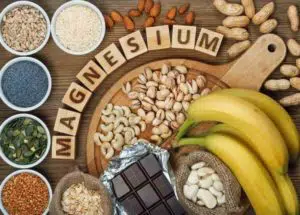Jennifer Hargreaves
The sugar tax, introduced in the UK earlier this year, has resulted in many brands reducing the sugar content of their products and replacing some of it with artificial sweeteners.
Obesity and related conditions such as diabetes and cardiovascular disease are on the increase and eating sugary foods is a significant contributor to these conditions.
It may seem that the use of artificial sweeteners is the perfect solution in the fight against obesity – a sweet taste with little or no calories. However, the increasing use of sugar alternatives, which started in the 1950s, has had no impact on the incidence of diet and lifestyle-related conditions such as obesity and diabetes. Furthermore, artificial sweeteners may be having a negative effect on our health.
You’ll find the following in your food
Aspartame: 4 calories per gram but 200 time sweeter than sugar. It can’t be used for baking or jams as it is damaged by heat.
Acesulfame-K: 120 times sweeter than sugar and is heat stable. Slightly bitter when used on its own, so often another sweetener is added.
Sucralose: Calorie free made from sucrose. 450-650 times sweeter than sugar.
Stevia: a natural herb with no calories. 10 – 15 times sweeter than sugar.
Cyclamate: 30 times sweeter than sugar.
Xylitol: looks and tastes just like sugar. Very few calories and has no effect on blood sugar levels directly
Although avoiding sugar is an excellent idea and has been shown to have multiple benefits to health, particularly by helping to stabilise blood sugar levels and decrease insulin levels, opting for sugar alternatives can still have an effect on blood sugar balance and increase insulin resistance. Weren’t they supposed to do the reverse?!
So if you think by going sugar free you’ll loose weight or reduce your risk of Diabetes Type 2 – think again.
Extras
Recent studies show that artificial sweeteners affect gut microbiome and contribute to inflammation in the brain (particularly Aspartame).
Although sugar is a major contributor to long-term chronic diseases and obesity, artificial sweeteners are not the ideal solution and their use should be avoided. It is more advisable to choose foods that are naturally low in sugar and which stabilise blood sugar levels.
The take away’s
Look for artificial sweeteners in what you buy
Chose stevia options or honey
Increase protein, healthy fats, wholegrains, vegetables to reduce sugar cravings and keep your blood sugars level.
Talk to Jenny Hargreaves, our resident Nutrition Practitioner for advice!




